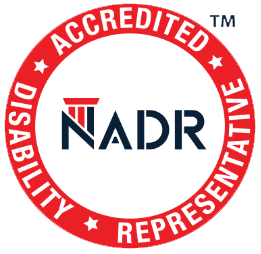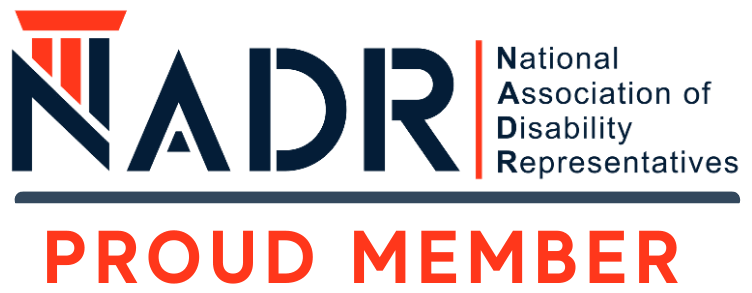If you have a disability that has made it impossible to work for at least 12 months, or if you’re over 65, you could be eligible to receive Social Security Administration (SSA) disability benefits. As with other programs that the government handles, applying for and receiving the benefits can be more complex than it first appears.
Recently, the Social Security Administration made significant updates to these disability benefits. Here is what you need to know about these updates and what they mean for you.
Navigating the complexities of disability benefits can be daunting, but understanding the reporting requirements and review processes is crucial for maintaining your eligibility. This comprehensive guide will help you stay compliant and ensure your benefits continue without interruption.
Read more →Navigating the complexities of disability benefits can be daunting, especially when it comes to understanding how medical conditions are assessed. One critical tool the Social Security Administration (SSA) uses in this process is the “Blue Book.” Officially known as the Disability Evaluation Under Social Security, the Blue Book is a comprehensive guide that outlines the criteria for evaluating whether individuals qualify for Social Security Disability Insurance (SSDI) or Supplemental Security Income (SSI) based on their medical conditions.
Read more →The Social Security Disability 5-Year Rule, also known as the “Duration of Work” rule, is an essential eligibility requirement for individuals seeking Social Security Disability Insurance (SSDI) benefits in the United States. This rule determines whether an applicant has worked long enough and recently enough to qualify for SSDI benefits.
Read more →Navigating the complex world of disability benefits can be overwhelming, especially when you’re dealing with health challenges. The complexities involved in understanding eligibility criteria, the application process, and the various types of disability benefits available can often seem like an insurmountable task. Having access to clear and reliable information, as well as expert guidance, can make a world of difference. The role of a disability representative is to support and assist individuals in winning their disability cases.
Read more →Disability Support Services (DSS) of Maryland knows that facing a denied disability claim can be incredibly disheartening. You may have relied on those benefits to support yourself and your family during a challenging time. The good news is that you can appeal the decision and potentially secure the benefits you deserve. In this blog, DSS is going to walk you through the process of appealing a denied disability claim, providing you with the knowledge and confidence you need to give it your best shot.
Read more →Preparing for your social security disability interview: tips for a successful application can be daunting. Applying for Social Security Disability benefits can be a complex and overwhelming process. One crucial step in this journey is the disability interview. This interview is a pivotal moment that can significantly impact the success of your application.
Read more →Living with a mental illness can significantly impact a person’s life, making it challenging to maintain employment and carry out daily activities. Recognizing these difficulties, the United States provides disability benefits to individuals with mental health conditions. Disability Support Services (DSS) of Maryland aims to provide an overview of disability benefits for mental illness, including the types of benefits available, eligibility criteria, and the application process. Understanding your rights and options can help you access the support you need to navigate your mental health journey.
Read more →What is a Representative Payee, and how do they help? A representative payee is a person or an organization appointed by the Social Security Administration (SSA) to manage Social Security, Supplemental Security Income (SSI), or retirement benefits. A representative payee helps manage the benefit finances for individuals that have a disability (physical or mental limitations), seniors, or in some cases, children. It will help to understand what the SSA is and what benefits they administer. Read on to learn the role of the representative payee.
Read more →











